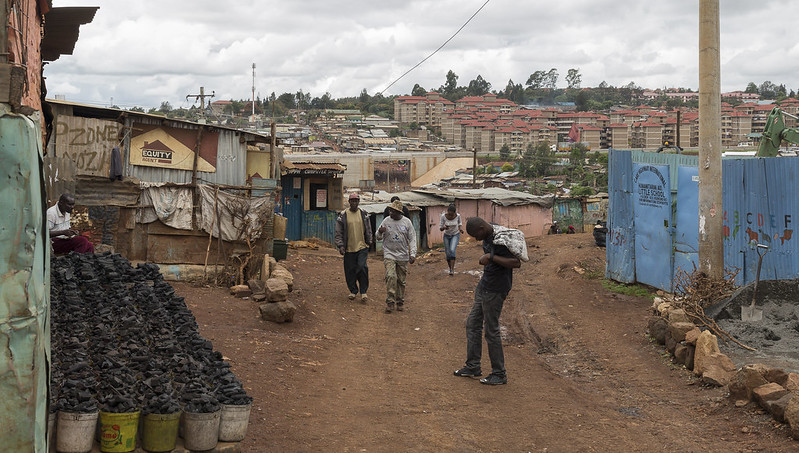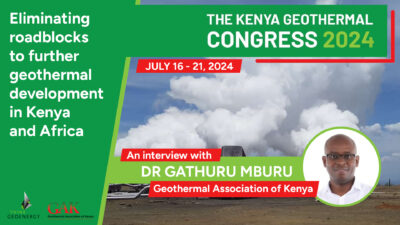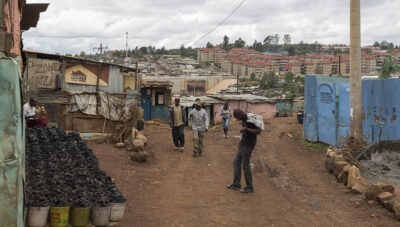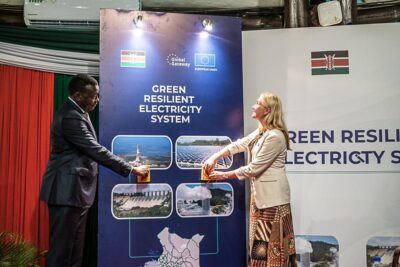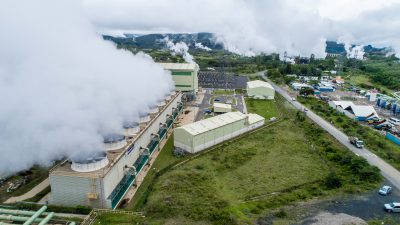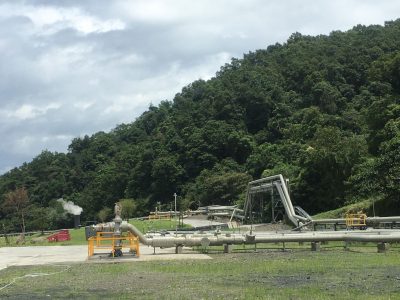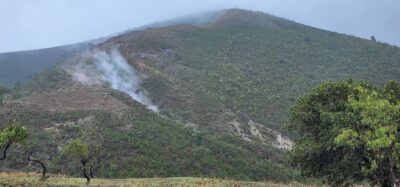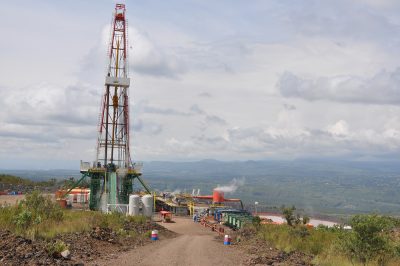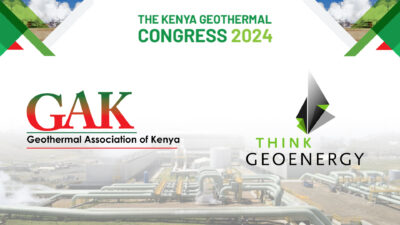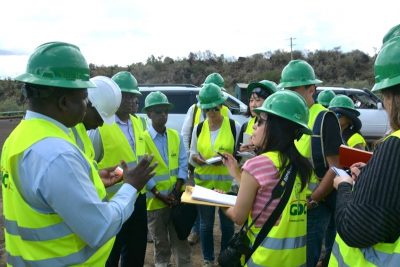UK research aims for geothermal cooling installation in Kenya households
The Robert Gordon University, Aberdeen is working on a project for the installation of geothermal cooling systems in informal housing communities in Kenya.
A team of researchers from the Robert Gordon University (RGU) in Aberdeen, Scotland are working on the installation of geothermal cooling systems in low-income communities in Kenya. The team will then aim to investigate the effects of installing such systems on a variety of heat stress and well-being metrics which will include activity levels, heart rate, skin temperature, and quality of sleep.
This project is being funded by the Scottish Funding Council (SFC) and the Global Challenges Research Fund with a grant of almost £35,000. Work on the project already began in January and the team did field visit in March. By summer of this year, installation of the cooling systems will begin.
The project ultimately seeks to help reduce heat stress for Kenyans living in informal housing by the deployment of geothermal cooling systems that pull colder air from the subsurface. Much of the housing in these low-income communities are single storey spaces made of iron sheeting, often accommodating up to eight people.
As a result of climate change, these kinds of premises are getting hotter with no access to mains electricity or running water to help cool down through the use of air conditioning systems or fans.
Heat stress: A growing problem
Heat stress, which is the negative effects of being in a hot environment, is a major and growing public health concern stemming from climate change. The increased temperatures and occurrence of heat waves mean that the occurrence and severity of heat stress is also increasing.
The extent of the problem is particularly evident in global south informal settlements where a lack of basic services, financial resources, and weak infrastructure mean that typical solutions implemented in more affluent areas are not feasible.
“This is a vitally important issue for those living in some of the planet’s poorest areas. With climate change happening extremely quickly, it is crucial to have solutions like this cooling system in place so people can not only live comfortably but also avoid the negative impact of heat stress on their bodies and general wellbeing,” said Professor Stephen Vertigans, the project lead.
To better quantify the effects of deploying geothermal cooling, participants will be asked to complete a questionnaire about heat stress called the Heat Strain Score Index (HSSI) and the Warwick-Edinburgh Mental Wellbeing Scale.
About the project team
This is a multidisciplinary project lead by Professor Stephen Vertigans from RGU with a team made up of Professor Gokay Deveci, Professor Eyad Elyan, Professor Mamdud Hossain and Dr Katherine Burgess. The RGU research team have expertise in a range of fields including sociology, health sciences, computing, engineering and architecture. Dr Mark Okowa and Dr Lucy Ogol from Tom Mboya University, Homa Bay, Kenya are collaborating on the project.
By combining each of the individual team members ‘skills they will design, implement and evaluate solutions that can improve the health and wellbeing in the less affluent parts of the world.
RGU’s research is focused on making a positive impact on the world by applying collaborative interdisciplinary research expertise to improve quality of life, deliver innovative solutions for business and industry, and contribute towards global sustainability.
